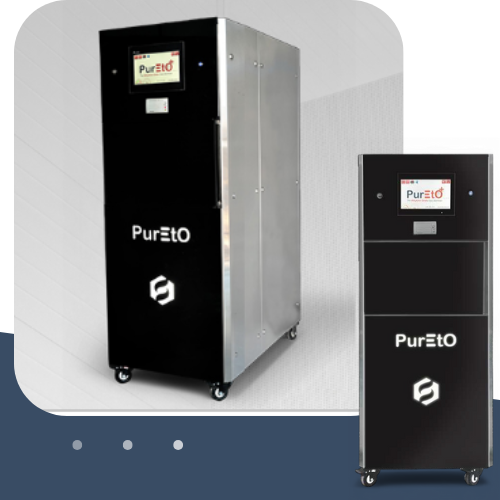Best Biochemical Analyzer for Clinics
Making Diagnosis Easier To clinics, a biochemical analyzer is a godsend since it allows them to give a better quality of care without the need to install a fully operating laboratory. They are usually small, fully automatic analyzers or semi-automatic analyzers that are made to fit the special needs and budget of smaller health centers. With these analyzers, clinics are able to conduct a wide variety of essential diagnostic tests in-house, including liver and kidney function and blood glucose.
The advantages of a biochemical analyzer to a clinic are enormous. It reduces turnaround time on lab results dramatically, allowing doctors to diagnose and treat conditions much earlier.
This feedback in real time enhances patient satisfaction and throughput. Moreover, the in-house analyzer is economical and logistically less cumbersome than dispatching the samples to an outside laboratory. The features of high performance and ease of use via user-friendly interfaces simplify the machines to be handled by the personnel of the clinic, and the heavy-duty capability ensures consistent output.

With the acquisition of a biochemical analyzer, clinics can expand diagnostic capability, improve patient care, and, in general, become a more holistic and effective healthcare facility.

